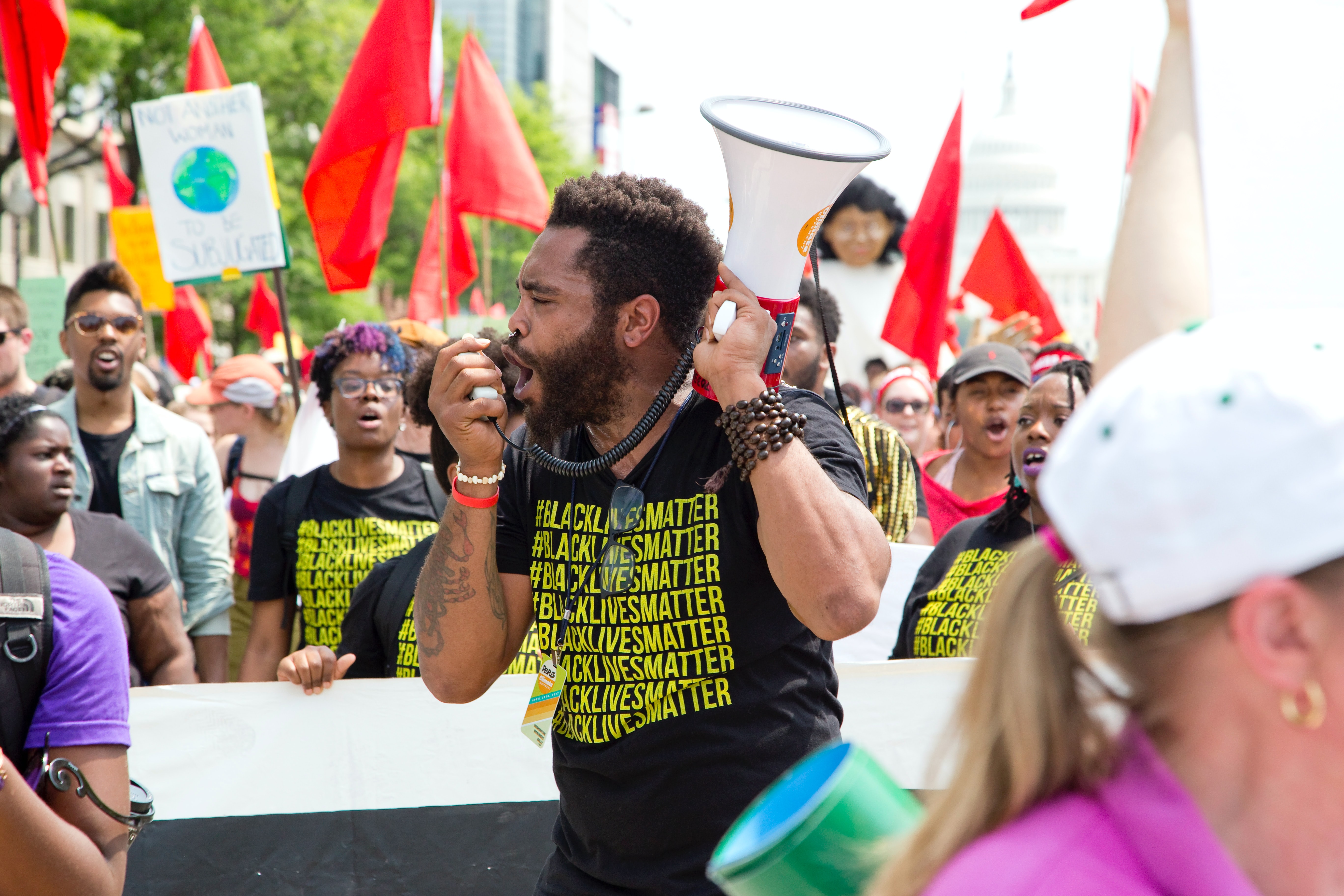
What Kind of Leadership Do We Need?
As the founder and CEO of Growing Leaders, I look at the world through a leadership lens. I believe leadership matters. Moments of crisis amplify the need for good leadership. I also believe leadership is a dance between the leader, followers and the situation. A fundamental question leaders need to ask is: “What is the best way to gain positive influence in this situation?”
I asked my colleague, Steve Moore, who serves as president of Growing Leaders, to reflect with me on the kind of leaders needed in this unique moment in our country. We know this isn’t an exhaustive list, but it informs how we approach leader development with the next generation, especially in moments of national crisis.
We need leaders who can…
1. Face Reality.
Max DePree said, “The first responsibility of a leader is to define reality.” The original sin of slavery continues to plague our nation in ways we too often ignore or deny. We must face it. For young men of color, police use-of-force is the number six cause of death, according to a study from the University of Michigan, Rutgers University and Washington University.
Driving while black is an unacceptable risk. According to research by political scientists Frank Baumgartner, Derek Epp, and Kelsey Shoub, just by getting in a car, a black driver is about twice as likely to be pulled over and about four times as likely to be searched.
We grieve the loss of George Floyd, as well as for Ahmaud Arbery’s murder while on a jog in Georgia and for Breonna Taylor, when police raided her Louisville home. And we accept the fact this has been happening for decades in obscurity until cell phone video became commonplace.
Most police officers are upstanding citizens seeking to serve the public good. And systemic racism exists. These facts are not mutually exclusive. We need leaders who are willing to face these hard realities head on. You can’t solve a problem you don’t believe exists.
2. Model Empathy.
The importance of emotional intelligence in leadership has been widely documented. At Growing Leaders, we have a strategic focus on social-emotional literacy as a primary skill young influencers will need to be ready to lead in real life.
Public safety and protecting private property are common sense priorities in times of unrest. But how we approach these goals matters. We believe empathy and de-escalation is a better strategy than force and domination.
Lieutenant General Mark Hertling’s commanding officer gave him some helpful advice before he was deployed to Iraq: “You can’t win this fight by trying to be tough. You gotta understand the space, who you’re trying to help, who you’re trying to counter. Being smart is better than appearing tough.”
This is the kind of nuanced, emotionally intelligent leadership we need now more than ever.
3. Speak Positively.
It is true, hope is not a strategy. But good strategy rarely emerges from hopeless situations. Good leaders understand the importance of rallying people toward a common vision of a better world. This is about more than oratorical skills. It is about acknowledging we are not where we want to be and painting a picture of where we want to go with words that unite and heal.
This kind of reality-based, hope-filled language was the engine of the civil rights movement in the past. We believe it hasn’t gone out of style.
4. Resist Passivity.
Words are powerful. But they are not enough. Not being racist is not enough. This is a time for sustained action. Complex problems that have plagued us for centuries will not be solved in a cultural moment. Justice is an unconditional building block of change. It matters if the police officers responsible for the death of George Floyd face justice, but resolving this case is not a permission slip to move on, as if the underlying problems that made this tragedy possible are behind us.
As a next-generation leadership organization, we are committed to face the reality of systemic racism head on. Our vision is to imagine a world improved — even transformed — by millions of young influencers who solve problems and serve people. This is a problem we can’t ignore.
Social-emotional literacy, what you may know as emotional intelligence, is a critical leadership skill. That’s why we are doubling down on this competency and believe empathy is evidence of courage.
We believe leaders grounded in reality who model empathy are better positioned to deliver a message of hope and drive an agenda of positive change over the long haul. Our greatest contribution is not what we can do today, but what our actions produce over time, compounded by the impact of young influencers who come behind us.
– Tim Elmore (Founder, CEO) & Steve Moore (President)





